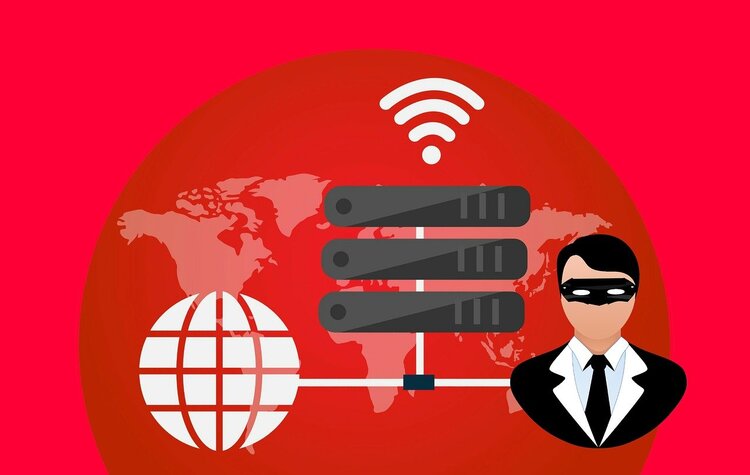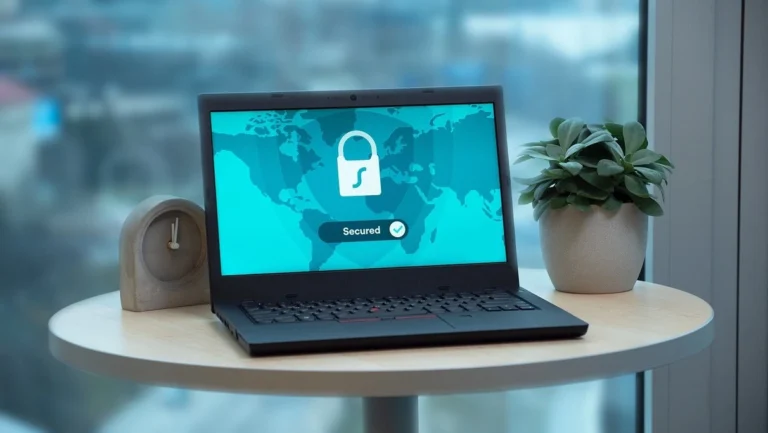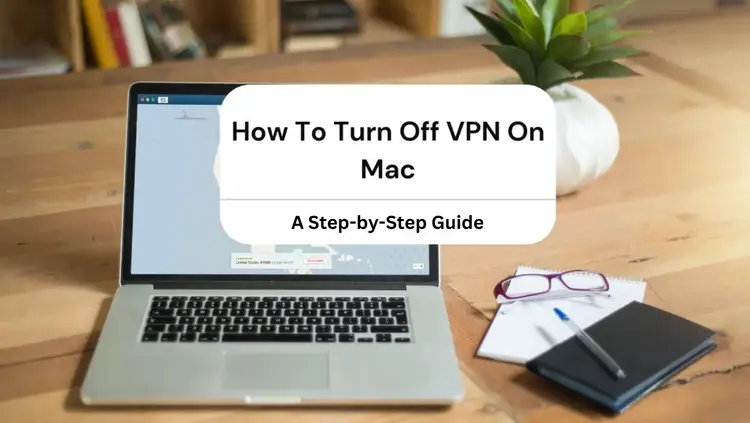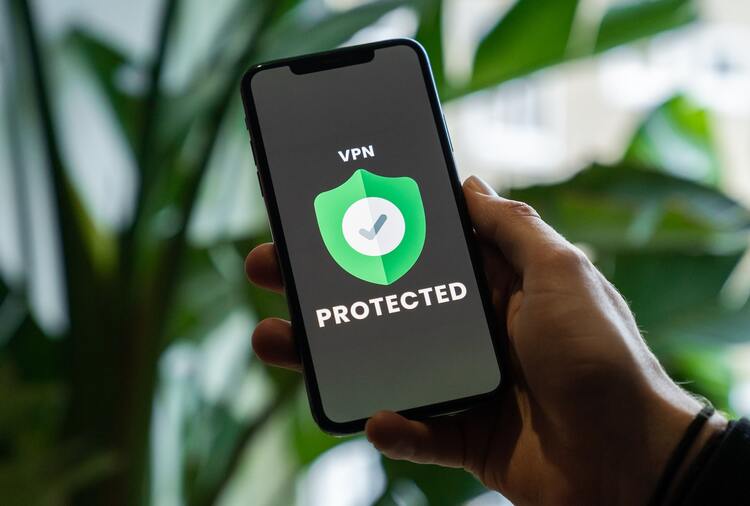Is a VPN Safe and Does it Encrypt all Traffic?
VPNs are becoming an incredibly common tool to connect to the internet. They are usually portrayed as tunnels between your device and servers that conceal your online activities from illegal access. However, is this true, and how safe is a VPN?
For example, does a VPN utilize encryption to ensure that your data is fully encoded and protected from cyberattacks?
Let’s explore the answers to these, as well as see what a VPN is, in this article.
Introduction to a VPN
A VPN is a Virtual Private Network that enables the user to make sure that your network activity is known only to you and your service provider. This functions in the same way as a home private network does. The data and files transferred over VPN Encryption are protected and made inaccessible to the Internet.
When you connect to the internet, your device is continually sharing data with other users. Without even knowing, you’re regularly providing websites and other trackers with access to your actual IP address which reveals your exact location, browsing history, device identifiers, OS information, and a set of other important information.
A VPN changes your IP address to one that is anonymous, redirects your internet connection through a server within the network, and encrypts your data. This establishes a secure connection between your device and the internet. This also conceals your identity and web traffic from your ISP, government agencies, attackers, and other third parties.
A reliable VPN will keep this sensitive data and online activities concealed. Since you’re able to pick where your server is situated, you can access the internet more freely by avoiding censorship or bypassing geo-restricted sites like Netflix, HBOMax, DisneyPlus, etc.
How does a VPN Work?
VPNs provide a secure encrypted connection, often known as a VPN tunnel, between your device and the remote server to which you connect, providing safe and secure data transit.
This is how your data is transferred over an encrypted tunnel after the connection has been created. Here is how this works.
- The VPN application on your device encrypts your data traffic and transfers it to the VPN server over a secure connection. The data passes via your ISP, yet it has gotten so fragmented owing to the encryption that they can’t decode it anymore.
- The VPN server decrypts your device’s encrypted data.
- Your data is later transferred to the internet and received a response that is intended for you.
- The VPN server then encrypts the traffic again and sends it back to you.
- The VPN on your device decrypts the data so that you can interpret and utilize it.
What makes a VPN safe?
The following are a few qualities to look for in a safe and secure VPN:
- Secure protocols
A VPN protocol is a collection of regulations that must be adhered to create or join a VPN. WireGuard and IKEv2/IPSec are the safest and most reliable VPN protocols. OpenVPN is also on the list, achieving the same objectives yet being slower and more difficult to use. Still, all three of these protocols offer top-tier VPN security.
- No-logs policy
A no-logs VPN doesn’t keep any records of your location or online activities. A VPN with a no-logs policy will not collect private information like IP address, used bandwidth, browsing history, session information, network activity, or connection timestamps.
- Paid VPN services
Not all VPNs offer the same level of performance and safety. Free VPNs aren’t as secure, safe, or effective in comparison to premium VPNs. In reality, using a free VPN can jeopardize your data and private information.
- Kill Switch
A Kill Switch disconnects you from the internet in case the VPN connection somehow fails. This ensures that you don’t mistakenly broadcast your data or IP address in such situations.
- Two-factor authentication
Two-factor authentication is a method of adding an extra layer of security to your account. A good VPN provider always keeps your information safe and anonymous, and offering 2FA is a great method to do so.
- RAM-only servers
When servers run on volatile (RAM) memory, all data that would usually be stored on a hard drive is immediately deleted when the server is powered off. No data may be removed manually from servers when all necessary activities are performed on RAM-only servers.
VPN Encryption in a Nutshell
A VPN Tunnel is an encrypted link between you, the VPN, and the server or host. This tunneling protocol guarantees that your information is enclosed so that no one can intercept, change, or even track your activities. Tunneling goes further than merely hiding and tunneling your data from the Internet.
Moreover, tunneling assures that your location is known only to you and the server to which you are connected. This is accomplished by sending out the IP address of the host server that the VPN Encryption is operating through instead of your own, providing perfect anonymity.
These protocols can include the following:
- Point-to-Point Tunneling Protocol (PPTP):
PPTP is one of the earliest protocols still in use. Because of its simplicity, this protocol can be set up rapidly. Nevertheless, since it’s based on the MS-CHAP-v1/v2 authentication protocol, its implementation has been found flawed in security analysis testing and might not be advised if security is of central significance.
- Layer 2 Tunnel Protocol (L2TP):
L2TP was introduced as an upgrade over PPTP. L2TP employs an improved version of the Layer 2 Forwarding Protocol, along with employing the IPSec capability for encrypting and authenticating individual IP packets. However, communication could be prevented by certain firewalls that don’t permit activity on the User Datagram Protocol 500 Port.
- OpenVPN:
OpenVPN is open-source software that uses point-to-point or site-to-site connections with key exchange using both SSL and TLS. This protocol is highly secure and may operate over UDP or TCP ports, which allows it to circumvent any firewall. Moreover, like any other open-source software, it is extremely flexible and constantly evolving.
- Secure Socket Tunneling Protocol:
Even though SSTP is only available on Windows PCs, it is regarded as one of the most secure protocols available. Although it is more accessible to the ordinary Windows user than L2TP, it misses some of the benefits provided by OpenVPN.
- Internet Key Exchange:
According to the version you are using, IKEv2 can simply be referred to as IKE for Internet key exchange. IKEv2 is among the most recent protocols, which means it can be operated on some of the most advanced systems, like iOS, Android, MAC, and Windows.
Why use AstrillVPN?
Although most VPN services offer inexpensive and low-performance virtual private servers (VPS), AstrillVPN offers a fast network of highly powerful dedicated servers all over the world, ensuring that everything functions quickly and without any delays. It also offers VPN apps for all devices such as macOS, Windows, Linux, Android, iOS, and multiple routers. Here are some features.
- Surf anonymously
Conceal your online identity and surf the web discreetly. As your IP address is completely private, you cannot be monitored.
- Browse the web securely
SSL encryption, which works in the background, protects your Internet traffic from hackers and cyber attackers.
- Network of powerful servers
Astrill maintains a wide network of super-powerful dedicated servers all across the world to ensure that everything functions smoothly and without any delays.
- Unlimited devices
Each personal VPN package allows you to connect a maximum of 5 devices to any server at the same time.
Conclusion
In 2023 there is no such thing as online security. Hackers are everywhere and they can still your information in various ways. There is only one way to secure yourself online and that goes through using a VPN. AstrillVPN is one of the best in the market. Protect your online activities by buying a subscription.







